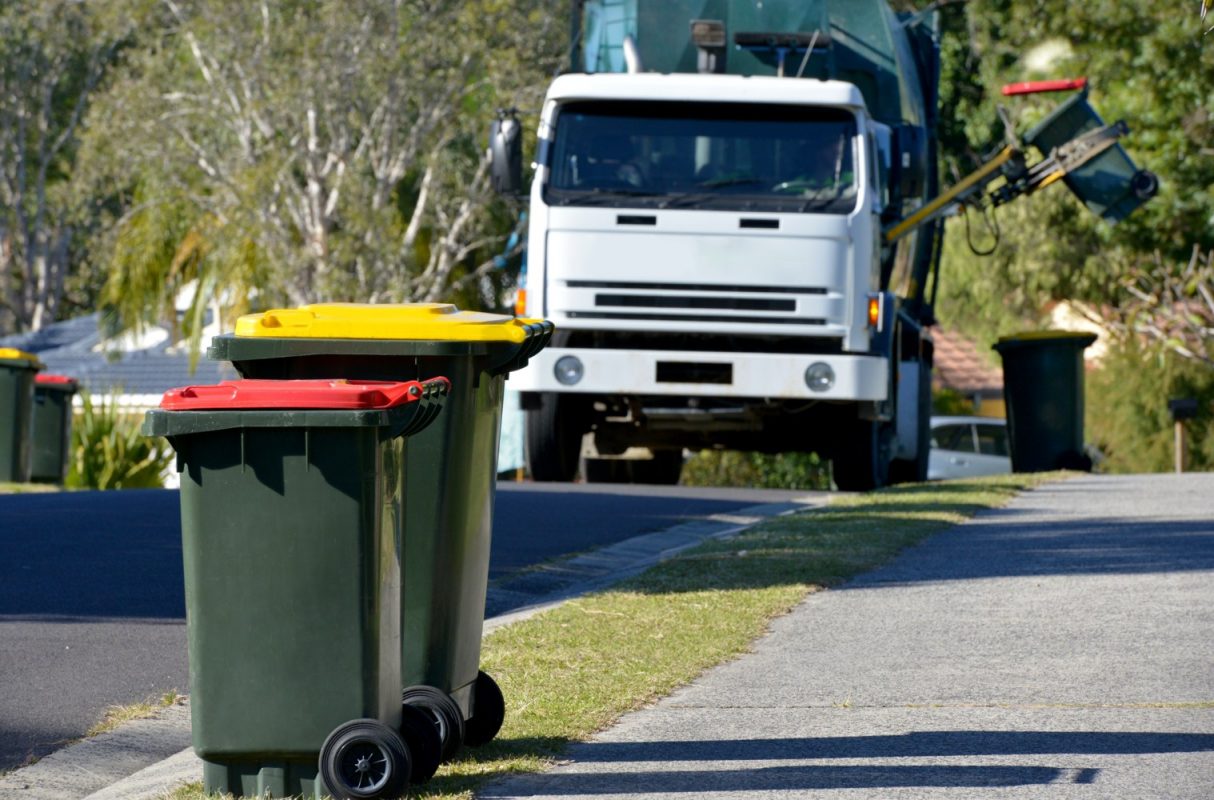Have you ever put something into a recycle bin with the thought that it “might be recyclable, but I’m not sure, so I’ll just put it in anyway”? This practice is called “wish-cycling”. While it’s done with the best intentions, it’s bad news for our recycling schemes because it creates more work and more waste.
“Wish-cycling” covers things like dirty pizza boxes, plastic coat hangers and cardboard produce boxes that have a clear plastic window on top. It’s done with the best intentions, but in reality, it’s one of the biggest problems facing waste management in New Zealand.
When a batch of recyclables is contaminated by unwashed takeaway containers and drink bottles, smashed lightbulbs or shredded paper, the whole batch might be rejected. Then it goes to the landfill. Not only does this mean we’re burying more and more rubbish, it puts recycling schemes at risk because it makes them uneconomical.
Things that are definitely not recyclable through council collections:
- Polystyrene coffee cups – avoid them like the plague
- Mirrors – they contain chemicals as well as glass
- Plastic coat hangers – they’re usually made with blended plastics
- Pyrex and ceramics – they can’t be recycled by glass manufacturers
- Food-contaminated cardboard containers – stick them in your compost bin instead
- Photo paper – they’re contaminated with chemicals
- Light bulbs – they contain mercury or lead
Five ways to be a better recycler:
- Study up on your local recycling system: Most areas will recycle aluminium (beverage cans, cleaned foil and aluminium cookware), steel and tin cans, corrugated cardboard, magazines, newspapers, office papers, paperboard, paper cardboard beverage cartons, phone books, glass (clear, amber, and emerald) and certain plastics (identified by a number within a triangular symbol).
- Disassemble: Remove caps and lids – the bottle and the top are made from different types of material. This applies to wine bottles as well as water bottles.
- Clean everything: Wash or rinse every item you put out for recycling because it increases the chances of it being properly recycling.
- Be courteous: Real people are sorting through your recyclables by hand. They wear gloves, but things like glass shards and razor blades can still cause injury.
- Seek out alternatives: If a disposable pack or container that you regularly use isn’t recyclable, find an alternative and let the supplier know why you’re no longer a customer. Food producers will only change their packaging habits if they’re made aware that their current practices aren’t sustainable.

